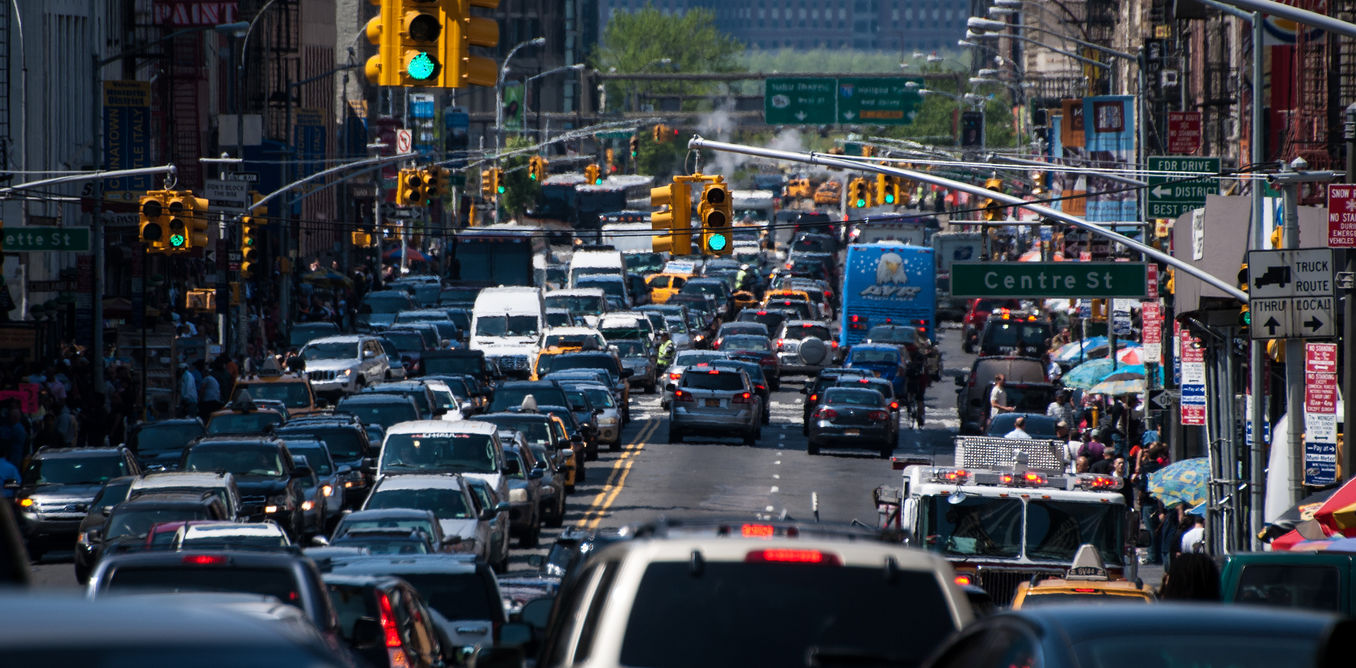Transportation plays a vital role in our modern society, enabling the movement of people and goods across vast distances. However, it is important to recognize that even the most advanced transport systems come with their fair share of disadvantages. In this blog post, we will delve into the various drawbacks associated with transport systems, shedding light on the less-discussed aspects that often go unnoticed. By understanding these disadvantages, we can work towards developing more sustainable and efficient transportation solutions.
- Environmental Impact:
One of the most pressing concerns associated with transport systems is their significant environmental impact. The burning of fossil fuels by vehicles contributes to air pollution, greenhouse gas emissions, and climate change. Additionally, the construction and maintenance of transport infrastructure often lead to habitat destruction, deforestation, and disruption of ecosystems. It is crucial to address these issues by promoting alternative energy sources, such as electric vehicles, and investing in greener infrastructure. - Congestion and Traffic:
As urbanization continues to accelerate, transport systems face the challenge of increasing congestion and traffic. This not only leads to wasted time and productivity but also results in higher fuel consumption and increased air pollution. Developing efficient public transportation networks, implementing intelligent traffic management systems, and encouraging alternative modes of transport, such as cycling and walking, can help alleviate these issues. - Safety Concerns:
Transport systems, particularly road networks, pose significant safety risks. Accidents, injuries, and fatalities are unfortunate consequences of the ever-growing number of vehicles on the roads. To address this, governments and transport authorities must prioritize road safety measures, including improved infrastructure, stricter regulations, and public awareness campaigns. Advancements in autonomous vehicle technology also hold promise for reducing human error and enhancing overall safety. - Economic Burden:
While transport systems are essential for economic growth and development, they also impose a considerable economic burden. The construction and maintenance of transport infrastructure require substantial investments, which can strain public budgets. Moreover, the reliance on fossil fuels for transportation contributes to volatile fuel prices, affecting both individuals and businesses. Exploring innovative funding models, promoting sustainable transport options, and investing in research and development can help mitigate these economic challenges. - Social Inequality:
Transport systems can exacerbate social inequality by creating disparities in access to opportunities and services. Inadequate public transportation in certain areas can limit mobility for marginalized communities, hindering their access to education, healthcare, and employment. Addressing this issue requires a comprehensive approach, including equitable distribution of transport infrastructure, affordable fares, and improved connectivity in underserved areas.
Conclusion:
While transport systems have undoubtedly revolutionized the way we travel and connect, it is crucial to acknowledge their disadvantages. By understanding and addressing these drawbacks, we can strive towards creating more sustainable, efficient, and inclusive transportation solutions. From mitigating environmental impacts to enhancing safety and reducing social inequalities, the future of transport lies in our ability to overcome these challenges and embrace innovative approaches that benefit both individuals and the planet.
